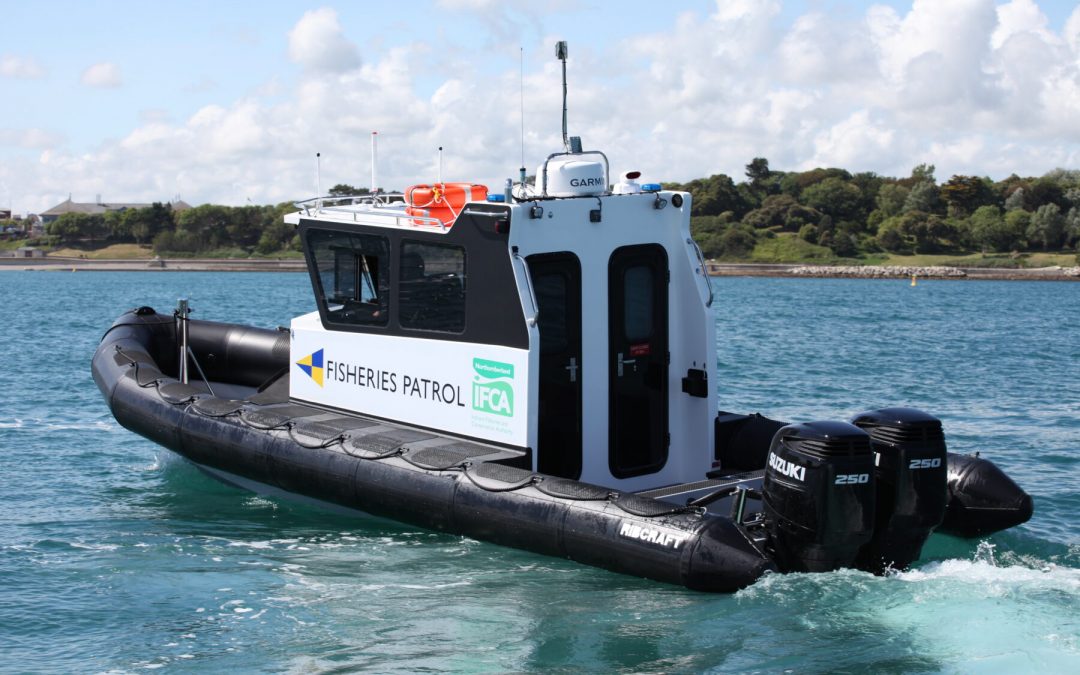Marine law enforcement is a vital component of any coastal city, ensuring that the waters are safe and secure for everyone. From patrolling the waters to responding to emergencies, marine law enforcement plays a crucial role in protecting the public and enforcing the law. In this blog post, we’ll take a closer look at the various types of marine law enforcement that might be found in a given city.
- Harbor Police
Harbor police are responsible for maintaining safety and security in and around the harbor. This can include enforcing laws and regulations, responding to emergencies, and patrolling the waters. Harbor police officers may also work with other agencies, such as the Coast Guard or local police department, to coordinate efforts and ensure that everyone is working together to keep the waters safe.
- Coast Guard
The United States Coast Guard is a branch of the military that is responsible for protecting the country’s waterways and enforcing maritime laws. Coast Guard officers may be responsible for search and rescue operations, law enforcement, and ensuring the safety of vessels and the environment. In addition to enforcing laws and regulations, the Coast Guard also plays a key role in maintaining navigation aids and responding to environmental disasters.
- Marine Patrol
Marine patrol officers are responsible for patrolling the waters to enforce laws and regulations related to boating, fishing, and other recreational activities. They may also be responsible for responding to emergencies and enforcing laws related to water pollution and environmental protection. Marine patrol officers may work for a variety of agencies, including state and local law enforcement departments, and may operate on a variety of vessels, from small patrol boats to larger vessels equipped with advanced technology.
- Environmental Enforcement
Environmental enforcement officers are responsible for enforcing laws related to water pollution and environmental protection. This can include monitoring for environmental violations, investigating complaints, and enforcing fines and penalties. Environmental enforcement officers may work for a variety of agencies, including state and local departments of environmental protection, and may operate on a variety of vessels, from small patrol boats to larger vessels equipped with advanced technology.
- Fish and Wildlife Enforcement
Fish and wildlife enforcement officers are responsible for enforcing laws related to fishing and hunting, as well as protecting endangered species and their habitats. They may patrol the waters to ensure that fishermen and hunters are following the law, and may also investigate complaints related to illegal fishing or hunting practices. Fish and wildlife enforcement officers may work for a variety of agencies, including state and local departments of fish and wildlife, and may operate on a variety of vessels, from small patrol boats to larger vessels equipped with advanced technology.
In conclusion, marine law enforcement plays a vital role in protecting the public and enforcing the law in coastal cities. From harbor police to the Coast Guard, marine patrol, environmental enforcement, and fish and wildlife enforcement officers, there are a variety of agencies and officers responsible for ensuring that the waters are safe and secure for everyone. When it comes to marine law enforcement, it’s important to work with a reputable and experienced agency to ensure the safety and success of your operations.

